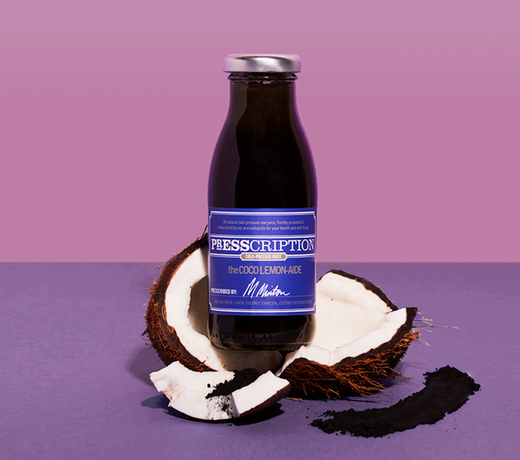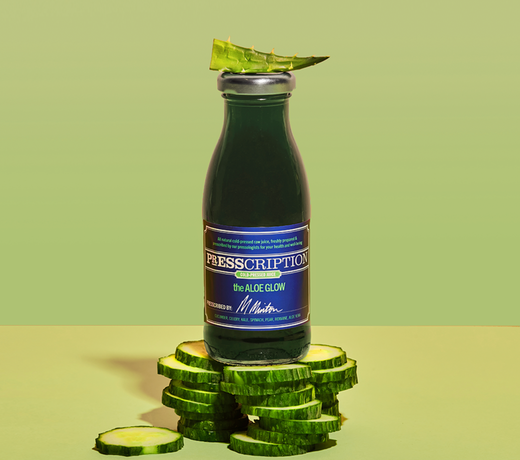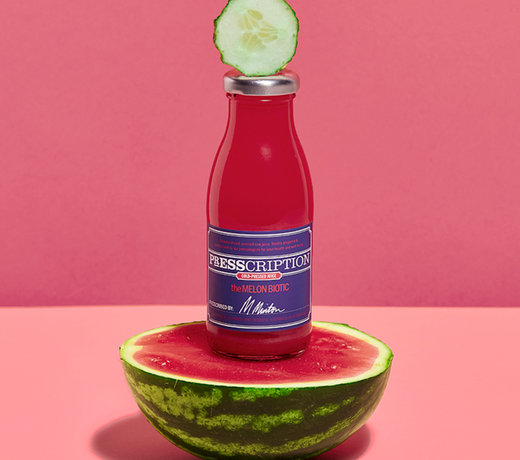Should You Count Calories?
Calories. Probably one of the most hotly contested topics in Nutrition these days, and for good reason. For a long time the general dialogue surrounding our caloric intake has been solely focused on weight loss. A calorie isn’t something that’s lurking in your croissant waiting to make you fat, it’s actually a unit of energy and is equivalent to the amount of energy needed to raise the temperature of 1 gram of water by 1 degree centigrade. Did you ever do that science experiment at school where you got to burn a peanut in a Bunsen burner? I remember enjoying it because we got to eat some peanuts at the same time (these were the days before nut butter, I was ahead of the curve). What we’d made with our Bunsen burner was a crude form of a calorimeter. The basis of the experiment was to show that fat is a dense store of energy and that once alight, the peanut would burn happily by itself for a long time. Extrapolating that out, we can see how fat is a great fuel source for humans – in fact, there are 9 available calories per gram of fat, 4 calories per gram of protein and 4 per gram of carbohydrate.
Fat is also how the body stores energy for times of famine. When we eat carbohydrates we typically use the glucose they contain for immediate energy production, (unless it is really not needed and then it too is stored), whereas fat is stored in our adipose tissues for times when food is scarce. The problem, in terms of weight loss, arises when we always have a steady supply of energy – as we so often do in modern times with our habit of constant eating or snacking, and we have ample supply of fat too. Our bodies then store the fat and seldom burn it for fuel because they would much rather burn glucose for fuel. With me so far?
Now you might be thinking that weight loss is just a case of calories in vs. calories out, which to some extent is true. Certainly if your goal is weight loss then having a look at how energy-dense the foods are that you’re consuming is a good place to start. However, as a Nutritional Therapist, it is certainly not the best way to go about constructing a healthy diet. Thankfully the age of fat victimisation is over and we now appreciate that we need a good amount of high quality fats in order to sustain optimum health – typically the unsaturated types from nuts, seeds, olive oil and oily fish, not the croissants, cakes and chocolate which are full of saturated fats which are, more often than not, hydrogenated fats too (a topic for another blog post)!
The problem with ‘weight loss’ foods, low calorie shakes, lean protein and fat-free EVERYTHING is that so much of the nutrition is lost. Not only that, but fat, along with protein, is the most satiating of nutrients and it also lends food a very desirable texture and consistency – which, when you take it out, leave a bland and unappetising product that needs to be pumped full of stabilisers, thickeners and additives in order to make it represent its full fat counterpart. Presscription often get customers so set on losing weight that they ask what the calorie content of the juices are, and it strikes me as kind of crazy that someone is worrying about the calories in a pure, unadulterated product over a diet or weight loss shake that’s not recognisable as food.
There are a few reasons I can think of that you might want to reassess your approach to calorie counting if you’re yet to see any results from your weight loss efforts:

The Presscription Weight Loss Cleanse (as seen above) is a great way to kickstart your weight loss efforts. It contains one less juice than our regular cleanses and is therefore lower in calories. It's also a great first step into fasting; helping your body to burn fat for fuel.
You Burn Calories Eating Calories
The first thing to consider is the thermogenic effect of the foods we consume. That’s to say, the digestion of food, transportation of nutrients and absorption of those nutrients requires energy and the different macronutrients, proteins, fats and carbohydrates, have different thermogenic effects. For example, the energy cost of breaking down protein could be as much as 25% of the total energy that the food contains, whereas for fat it is only 5%. Put simply, if you choose to eat some roast chicken over a high fat food then your body uses more calories breaking it down and digesting it than it does for the fat. It’s easy to see why body-builders get so obsessed with chicken, brown rice and broccoli - but if your diet contained no fat at all you’d be doing yourself a disservice as we need fat to make phospholipids, hormones and for certain fat-soluble vitamins to be effective.
Gut Bacteria
Another reason that you might not get very far counting calories is because despite your best efforts at weight loss your gut bacteria might be holding you back. Recent studies have shown that different types of gut bacteria can drastically alter the way we gain and lose weight, so much so that in experiments with twins where one was obese and one was not the obese twin was found to have a drastically lower diversity of gut bacteria which was affecting the way they maintained weight and weren’t able to lose it easily. The good news is that it’s not hard to increase the diversity of your gut bacteria by increasing your intake of fibrous foods such as vegetables, legumes, nuts and seeds and especially prebiotic foods like leeks, onions and garlic.
Micro not Macronutrients
This is probably the main reason that I’m not always pro calorie counting, you miss so many beneficial nutrients. Macronutrients are carbs, fats and proteins and micronutrients are things like vitamins, minerals and trace elements, and we know that we need these to maintain good health, get enough diversity into our diets and not become deficient in anything. The problem with calorie counting is that you might always be drawn to the same low calorie foods, when actually, a fatty avocado or calorific oily piece of fish is where the magic happens.
Calorie Usage of Foods is Different
Not all of the energy in the foods we eat is absorbed, and this is especially true of high fibre foods like vegetables and whole grains. In a processed piece of cake or a chocolate bar that’s made from refined flour, added sugars and saturated fats we can pretty easily absorb nearly all of the calories contained in it. However, when you eat some broccoli or other fibrous vegetable, the fibrous part isn’t absorbed by the body - it’s not used for fuel or stored as fat. So essentially, you can fill up on healthy foods like vegetables, fruit, nuts and legumes and find it much easier to lose weight as you’ll feel full and satisfied (especially with some healthy fats in there), but actually have consumed much less.
So I hope you can see that it’s really not as simple as counting calories, but, that if you do need to start a serious weight loss endeavour that certainly beginning with looking at the calorie density of your food is a good place to start, but that maybe you should also consider the nutrient density, the health of your gut microbiome, the amount of fibre you’re eating and so on. Lastly, obsessing over calories can often be the catalyst to an unhealthy mindset surrounding food - another reason why it’s much better to focus on the nutrition and health giving properties of the food, and not just the numbers on the back of the packet.
 Why Presscription?
Why Presscription? Why Cleanse?
Why Cleanse? Cleansing Tips
Cleansing Tips What's Pressing?
What's Pressing?


